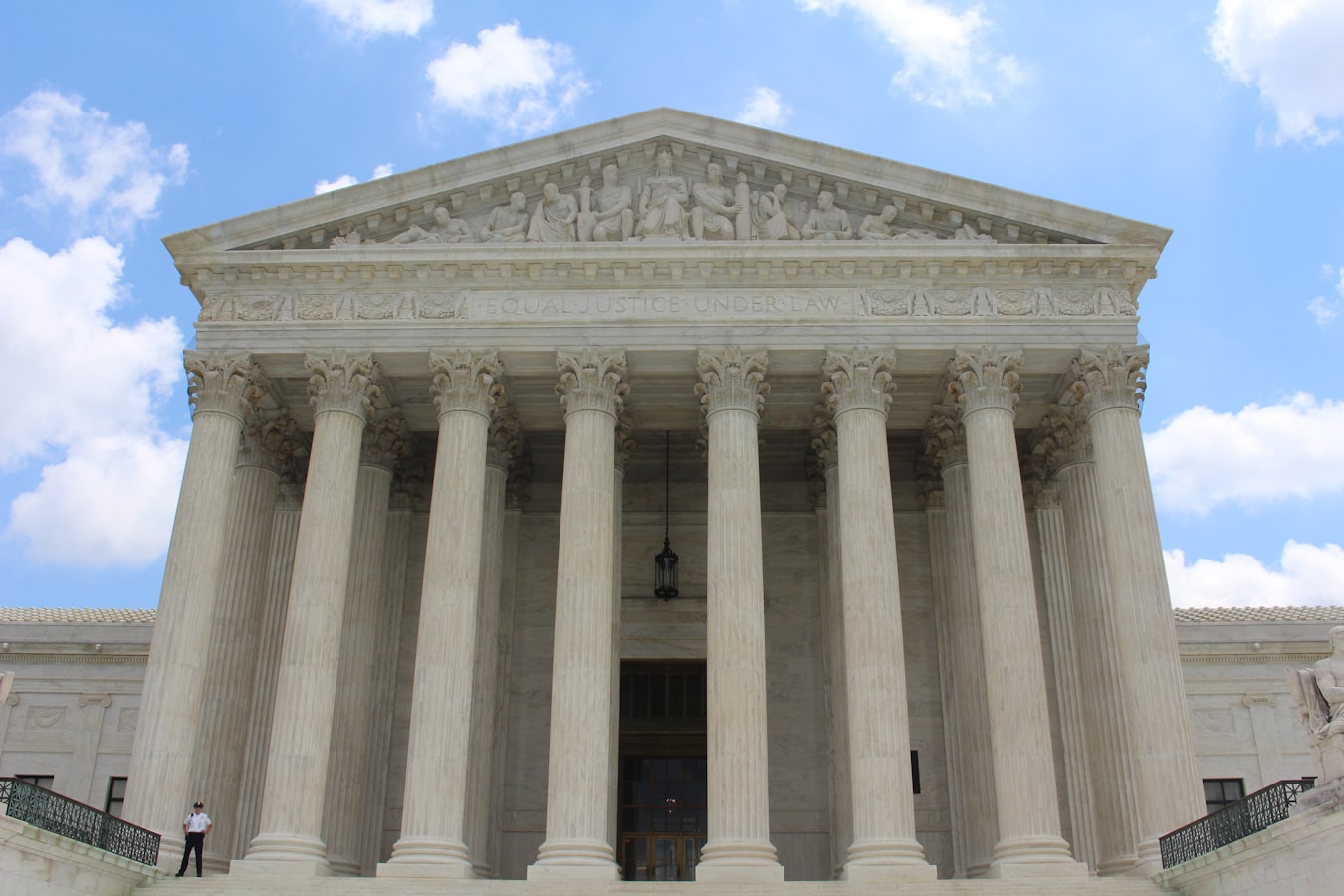The Supreme Court will hear an important case on students’ off campus free speech today. The case, which originated in Pennsylvania, brings into question whether or not schools have the jurisdiction to censor or punish speech that takes place off campus and detached from school connected or endorsed events or property.
Mahanoy Area School District v. B.L. was triggered by a Snapchat Story post from Brandi Levy, then a 14-year-old member of the JV cheerleading squad, after being denied a promotion to varsity. Accompanied by a picture of her holding up the middle finger, the Washington Post reports she wrote1, “F— school, f— softball, f— cheer, f— everything.” After this spread and reached the coach, she was removed from the team.
After going through several layers of school staff and higher-ups, the ACLU got involved. Then, they went through courts and appeals, which ultimately ruled in Levy’s favor. The school system was not satisfied with the outcome and brought the case all the way to the Supreme Court.

According to NBC News, the Biden administration “sided with the school district,” which means they favor the broad permission of school systems to punish students for offensive or disruptive off-campus speech. The Supreme Court is set to give its ruling by late June.
A similar incident was directly reported to me coming from the Fairfax public school district in Virginia. The Fairfax student posted several complaints about the school system’s COVID-19 response, and a school board member requested his student ID number, which he ignored. He tells me that his school system is notorious for forcing students to delete their social media accounts, suspending them from school if they don’t comply. (If this doesn’t sound like an authoritarian regime to you, what planet do you live on?!) Last night, I was in a group chat with him when someone else suggested bringing in the ACLU.
As Frank LoMonte, director of the Brechner Center for Freedom of Information at the University of Florida, tells the Washington Post, “This may seem like a very narrow case about a minor temper tantrum on Snapchat, but it is about speech anywhere and everywhere, by students of all ages. They are writing broadly the standards that will apply for two or three generations, and they are writing the standards for all forms of speech across all media.”
-
It was censored by the Washington Post but ultimately I decided to keep it that way. ↩


